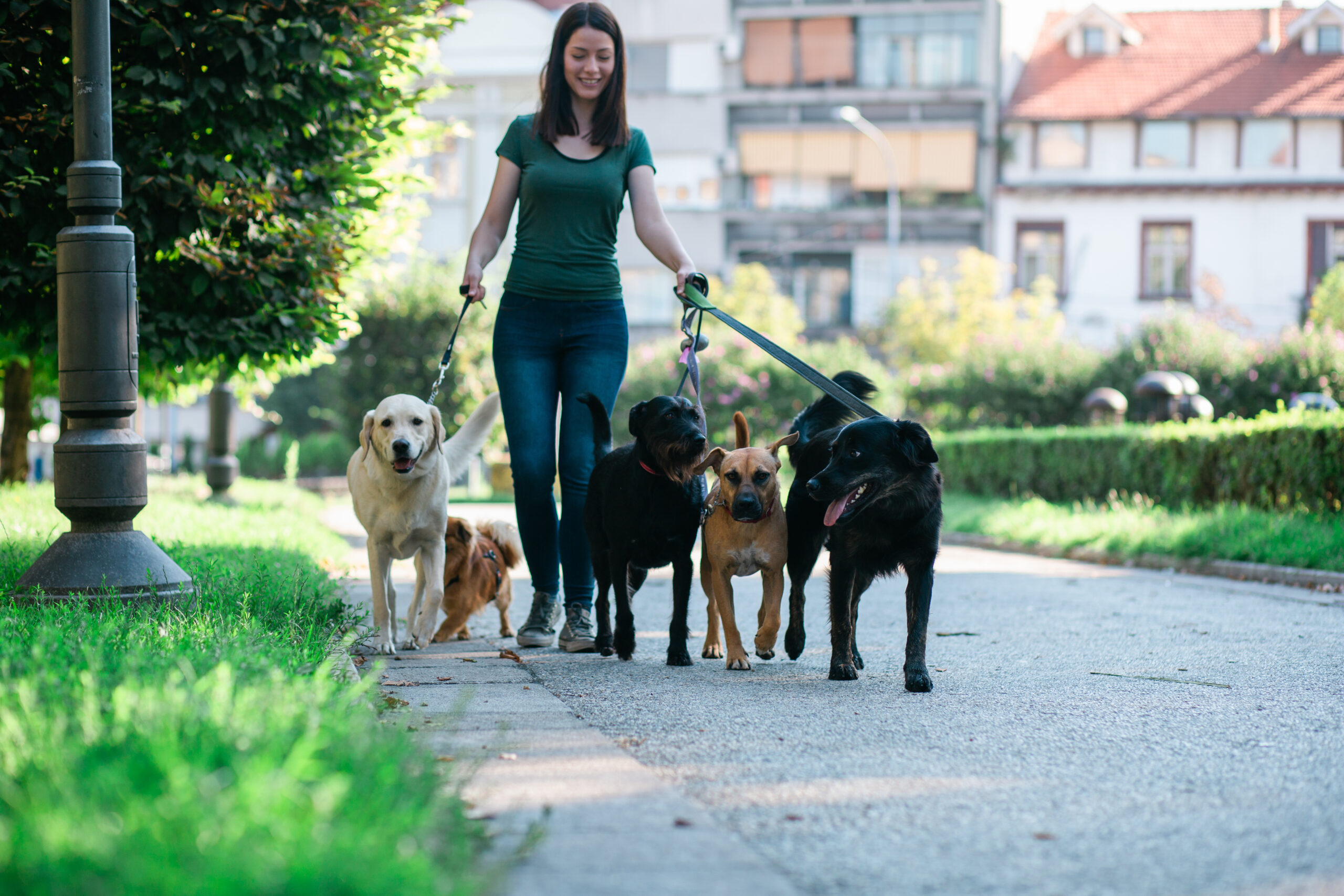Are you thinking about donating your eggs but aren’t exactly sure what the process entails? Want to know everything you can expect, from top to bottom? We don’t blame you – details are vital.
Here’s your step-by-step guide:
Step 1:
The first thing you need to do after deciding you want to donate your eggs is see if you qualify at the donor center you’ve chosen. Eligibility criteria is pretty standard across the board: you’re young (21-31), you’re at a healthy weight, you’re a non-smoker, you don’t have a history of STDs, medical conditions or cancer and you don’t have a history of depression or substance abuse. If you’ve met this criteria, congratulations – you’re incredibly healthy and would make a great egg donor!
Step 2:
The next step is to meet with a reproductive endocrinologist at your donor center so they can get a more detailed medical history, as well as perform more tests to ensure your menstrual cycles are regular and you have a healthy egg reserve – this will dictate whether you can donate eggs. Two of the most important blood tests that give insight into your egg reserve is AMH, or Anti-Mullerian Hormone, and FSH, or Follicle Stimulating Hormone. AMH tells doctors how many eggs are maturing during each cycle (too few and too many could signal a problem), while FSH tells doctors how hard your brain is working to tell your ovaries to produce eggs (if it’s working too hard, that might signal a problem).
Step 3:
Once you’ve been deemed a good candidate to donate your eggs, you can begin the donation process. This entails taking ovary-stimulating medication that will cause your ovaries to grow many eggs at once instead of the natural process of one egg being matured each cycle. The medication you’ll be taking is injectable, and you’ll take it for up to ten days. During this time, you’ll see your fertility doctor regularly so he or she can monitor your progress. Around day ten, your eggs should have matured.
Step 4:
The next step is the donation itself: you will be scheduled for a quick outpatient egg retrieval procedure that lasts only 15 minutes. You will be placed under light anesthesia during the procedure so you can be most comfortable. Your fertility doctor will insert an ultrasound guided needle first through your vagina, and then your ovary, to retrieve your eggs. The needle goes inside each mature follicle to draw out the fluid within, which holds one egg. This will happen for every mature follicle so you can get as many eggs as possible in one go.
Step 5:
That’s it! In the moments after the procedure, your doctor will let you know how many eggs were retrieved, which is how many you’ll be donating. Once you are ready to leave the office, you can. You’ll probably want to rest at home for the remainder of the day, and most donors are back to their normal routine the very next day. From start to finish, the cycle takes about two weeks, and if you want to donate again you may be eligible to start a new donation cycle after your next period once you are matched with a new recipient.
There is one more step: being proud about what you’ve done, which is helped someone start their family!
So what are you waiting for? Start the life-changing process of egg donation today! Call 973.656.2876 or email ovatures@ivirma.com.




